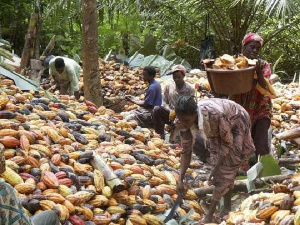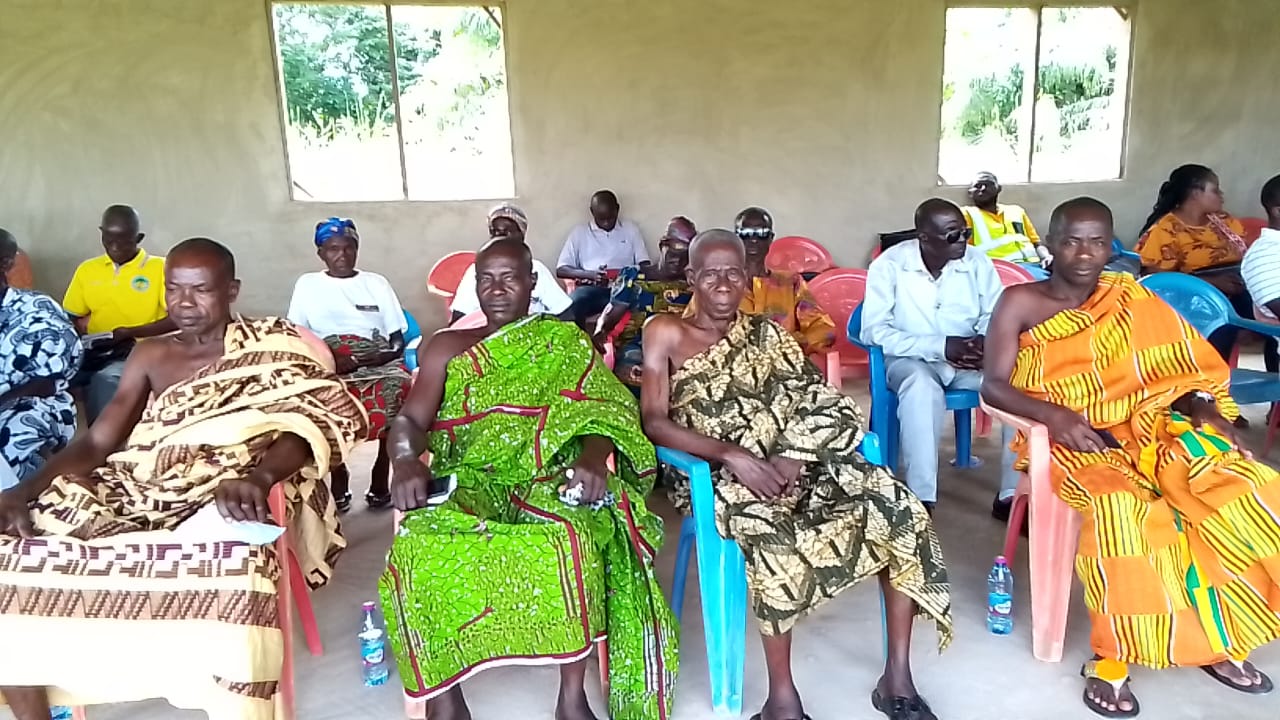Ghana risks losing EU timber market – Forest Watch

The failure of the government to fully implement the Timber Resources Management (Legality Licensing) Regulation, which came into force in 2017, is putting the country’s timber trade at risk, Forest Watch Ghana (FWG) has warned.
The FWG further warned that the country risk losing European Union (EU) timber market due to the government’s slow pace in implementing key regulations.
FWG is a coalition of over 40 civil society organisations and individuals advocating for the rights of forest-dependent communities in Ghana. Established in 2002 and officially launched in 2004, FWG has played a pivotal role in policy reform and governance in the forestry sector.
Briefing journalists in Accra yesterday, a Member, FWG, Ms Doreen Asumang-Yaboah, stated that Ghana and the EU signed the Voluntary Partnership Agreement (VPA) in 2009, a deal designed to promote the sustainable management of timber resources.
She said the agreement was ratified by Parliament, becoming law to regulate the production and export of legal timber.
“One of the core requirements of this law is that timber can only be logged with a legal permit issued by the Forestry Commission, in line with Parliament’s ratification, however, years later, the implementation of these rules remains incomplete,” she revealed.
In 2014, Ghana and the EU conducted a joint assessment to evaluate Ghana’s readiness to export legal timber,” she noted.
She said the findings were concerning: 148 permits and leases needed ratification by Parliament to meet legal standards, “Yet, as of July 2024, only 11 of these permits have been ratified.”
She noted that while the ratification of these 11 permits was a positive step, it is far from enough.
Ms Asumang-Yaboah commended the efforts of the Parliamentary Select Committee on Lands and Forestry, the Ministry of Lands and Natural Resources, and the Forestry Commission.
“But the fact that 137 permits are still pending, ratification suggests that the government is not fully committed to sustainable forest management,” she said.
She then called on the Ministry of Lands and Natural Resources, the Forestry Commission, and Parliament to act urgently. She urged the ratification of the remaining permits by the end of 2024, noting that without this, Ghana risks losing access to the EU market for legal timber.
This, she indicated, could have serious consequences for both the economy and the country’s reputation in international trade.
She also stressed the importance of the government developing a clear roadmap for the full implementation of sustainable forest management laws.
“Illegal logging is increasingly becoming a problem, and the delay in enforcing these laws are allowing destructive activity to continue unchecked, If the government does not take swift action, Ghana’s forest reserves, already under threat from illegal mining, could face further damage from illegal logging,” she added.
Ms Asumang-Yaboah further reiterated the willingness of Civil Society Organisations (CSOs) to support the government in protecting the country’s forest resources.
She noted that collaboration between the government and CSOs was essential to ensuring the success of the VPA and preserving the future of Ghana’s timber trade.
Source: ghanaiantimes.com.gh





